The new film giving Scottish islanders their say on the decline of the Gaelic language
The island of Berneray may have become a picture postcard destination in the Outer Hebrides – but it is also a place where the demise of the Gaelic language is sorely felt.
Now islanders have spoken out of their dismay at its decline, its impact on the local community, and efforts to bring it back to life there.
Advertisement
Hide AdAdvertisement
Hide Ad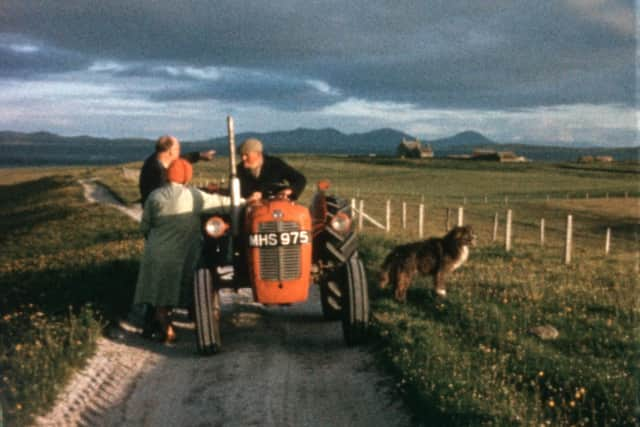

A new documentary film focusing on how life on Berneray has changed over more than half a century features contributions from people who have stayed in Berneray, as well as others who left and returned.
Dùthchas (Home), made by North Uist filmmakers Andy MacKinnon and Kirsty MacDonald, features recently-discovered cine film footage shot on the island in the 1960s and 1970s with new interviews.
Amid the reflections on how life has changed, partly thanks to a regular ferry service to Harris and the building of a causeway to North Uist, there is regret and anger at how Gaelic was allowed to decline – and fears over the prospect of the language dying out completely there.
Premiered on Berneray last month, Dùthchas is being screened around Scotland, including in the mobile Screen Machine cinema, touring to islands like Mull, Islay, Jura, Lewis, Skye, Tiree, Barra and Coll.
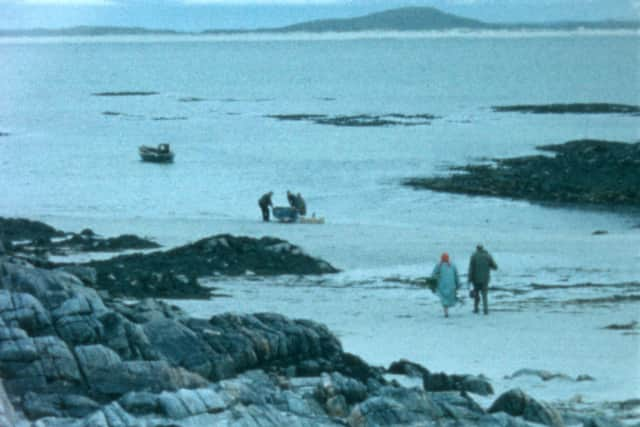

The documentary recalls the impact made by the 1872 Education Act in Scotland, which introduced compulsory schooling for children, but excluded the Gaelic language.
Ena Parkin said: "When my mother went to school, they were only allowed to speak English or they'd get the belt.
"My Auntie Beathag went to school the first day and she couldn't speak English and because of that she got the belt. Isn't that awful?”
Advertisement
Hide AdAdvertisement
Hide Ad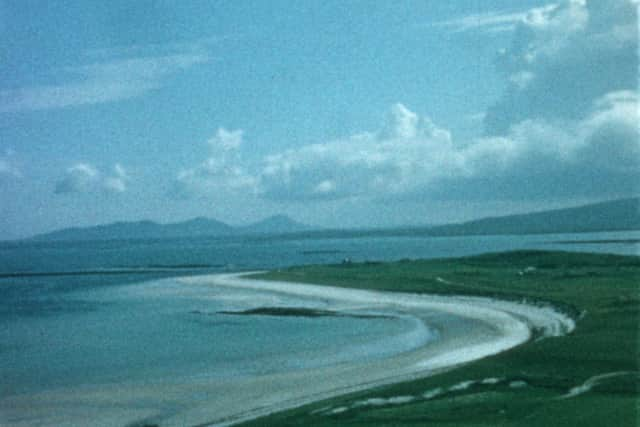

Linda MacLeod said: “The Education Act in 1872 had a huge effect on attitudes towards Gaelic. Children were punished for speaking Gaelic in school, which had a big impact on the next generation.
"If you were harmed in school and given the belt, you didn't want your child to be harmed in the same way.
"So there was a gap in many places where Gaelic just wasn't taught to the next generation, and that's continued in some ways.”
Cathie Anne Ferguson: "I came home in 1988 and took the children with me. I thought they would be speaking Gaelic in school, but they weren't. At playtime, no-one spoke Gaelic.
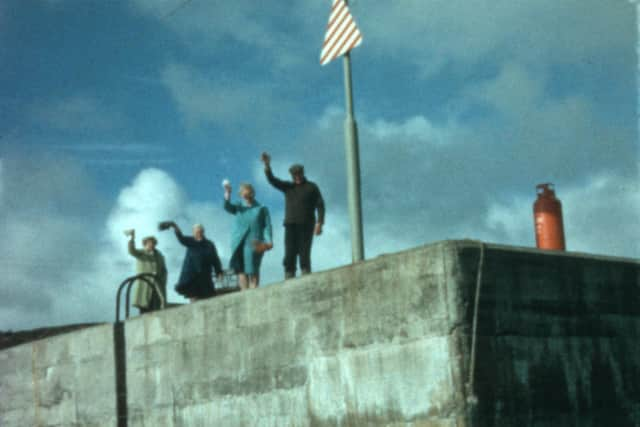

“I doubt there are many more than 30 people in Berneray who speak Gaelic to you. The rest might understand a bit, but they won't speak it.
“Some others are trying to learn, but they aren't speaking it much. Therefore I can't see Gaelic being spoken in Berneray in the not-too-distant future."
Sarah Ferguson said: "Looking back, I'm very sorry that I am that generation that the Gaelic language has lost. I feel it's an absolute crime in some sort of way that that has happened and I am part of that process.
Advertisement
Hide AdAdvertisement
Hide Ad"You think about your roots and you think 'oh my goodness, I don't have this amazing, precious language that has gone through generations and I am the first one not to have it, and now my children don't have it’."
Catriona MacInnes said: “I feel utterly bereft that I don’t have Gaelic. I feel utterly bereft that I don’t hear Gaelic being spoken around me, even if I can’t understand it.
“I feel grief at the disintegration, because if we don't have it here in the islands, where it still exists in the community, what does it then become and who do we become?”
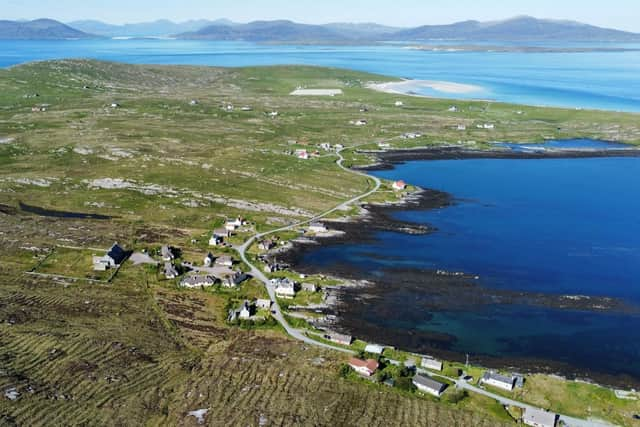

The film explores the impact of efforts to revive Gaelic through the education system.
Donald Maclean said: “A few years back the children didn’t speak it at all. It had declined hugely.
"Now, because of the schools, it started again and these kids – some of them have moved here and have no connection to Berneray – learn Gaelic in school and they have Gaelic.
“They write and read it very well, better than me, but they will never be as fluent in speaking as us. We had nothing else and that is a loss.”
Advertisement
Hide AdAdvertisement
Hide AdCassandra Maclean said: “I was fluent when I was young, but when you’re a teenager you don’t want to be different from your friends, so I spoke English.
“I did learn Gaelic in school, but then I stopped and wasn’t speaking it to my family and friends and I lost it.”
Catriona MacInnes added: “There is more and more Gaelic education everywhere and there is now a policy of ‘Gaelic first’ in the islands.
"It is not without problem and it is not without huge challenge, because it is too thin. If we only have Gaelic in schools, does it give us enough for us to feel that we are Gaels and for our children to feel they are Gaels, or is it just a language they learned in the classroom?
"We need to look at the richness of what we have and what we have inherited, see what it is about our own culture that we value, what we are sad about losing and what we are grieving for.”
Linda MacLeod added: “Although I had Gaelic as a mother tongue, I’m still learning every day. My parents are still learning, we’ll all be learning forever.
"We won’t have the same Gaelic as our forebears had, but we must try to remember these words and place names or they’ll be forgotten, sadly.
Advertisement
Hide AdAdvertisement
Hide Ad"People do have a choice. If they want to learn Gaelic, if they want to preserve it so that it survives, then that option is there now.
“Lots of people have learned Gaelic to have a great level of fluency. We do have this choice and we need to take pride in Gaelic and think ‘if we want it to survive, we need to make the effort’.”
Comments
Want to join the conversation? Please or to comment on this article.

